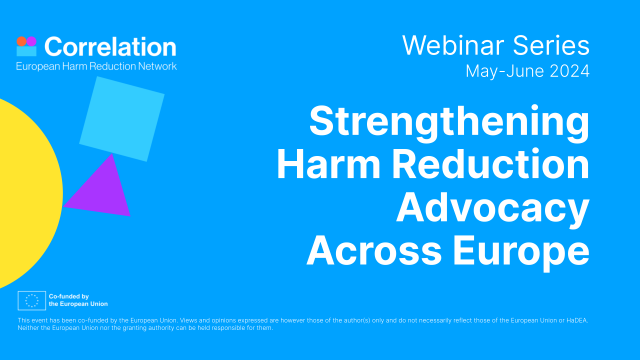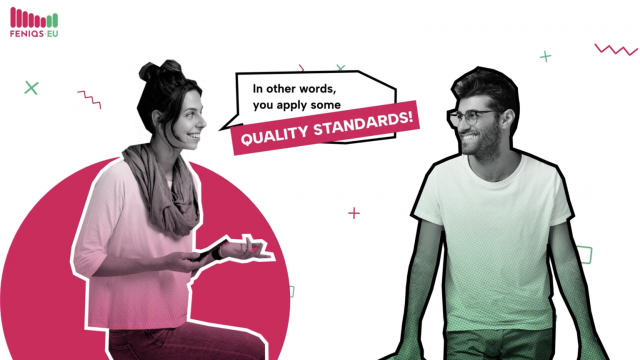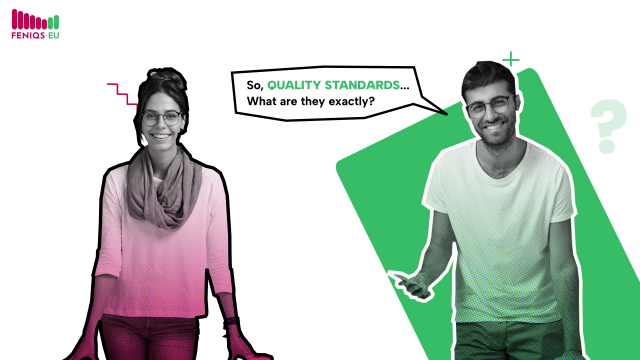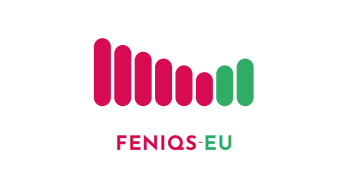Join us for a comprehensive webinar series, organised by C-EHRN in collaboration with the Rights Reporter Foundation! Designed for the focal points and members of our network, these sessions aim to bolster your advocacy skills and amplify your impact in the realm of harm reduction. Explore various aspects of advocacy, from understanding its importance to developing effective strategies. Each session offers insights to strengthen your advocacy toolkit.
Read about what we will cover in the four sessions and find the registration links below. Can’t attend all the sessions? Please note that joining only one of the sessions is also possible! You can register separately for each session through the respective link.
Webinar 1 – Harm Reduction Advocacy: Planning, Tools and Audiences
May 22, 12:00 – 1:30 pm
Register here.
Advocacy is often a challenge for civil society organisations working in the field of harm reduction because of lack of know-how, capacities and resources. This webinar helps participants to gain a better understanding of what advocacy is: the art of influencing policy decision making. It explains how to plan and monitor advocacy activities. Various advocacy activities, tools and methods will be reviewed and discussed, according to their usefulness in influencing various groups of stakeholders in different contexts. In the second part of the webinar, participants will share their own on-the-ground experiences with advocacy in the field of drug policies, both successes and failures, and discuss lessons learnt.
Webinar 2 – Harm Reduction Video Advocacy
May 29, 12:00 – 1:30 pm
Register here.
Online videos can reach out to a wide audience, mobilise people for a cause, and document best practices and/or human rights abuses. They can be used in public education, give voice to marginalised people, visualise research data and have the potential to go viral on social media. This webinar gives a short introduction to video advocacy, by presenting examples from the 17 years of work of Drugreporter, in the field of drug policy reform and harm reduction advocacy. The webinar will discuss the opportunities and challenges of video storytelling.
Webinar 3 – Meaningful Involvement of Civil Society
June 11, 12:00 – 1:30 pm
Register here.
The meaningful involvement of civil society is now widely accepted in Europe as a crucial part of policy making. However, there is little or no consensus on what constitutes “meaningful” involvement. This webinar will present a new tool developed by the EU Civil Society Forum on Drugs in 2022, the Quality Standards of Civil Society Involvement, and the findings of a focus group study to assess civil society involvement in four European countries (Hungary, Finland, Greece and Ireland). Participants will discuss the often opposing views on the role of civil society, the challenges and opportunities of civil society involvement in various political contexts at European, national and local levels. The webinar will address the worrying trend of shrinking space for civil society in Europe.
Webinar 4 – Fighting Disinformation and Moral Panics
June 18, 12:00 – 1:30 pm
Register here.
Drug policies are often influenced by sensational media reporting that fuels moral panics about drugs and leads to the othering of people who use drugs. The spread of disinformation is a major barrier to drug policy reform, undermines basic norms and values like human rights and scapegoats civil society organisations. This webinar addresses strategies to fight disinformation in an age that is often characterised as post-truth. Participants will discuss what methods they use to educate the public about drugs and drug policies and how to defend civil society from politically motivated attacks.




